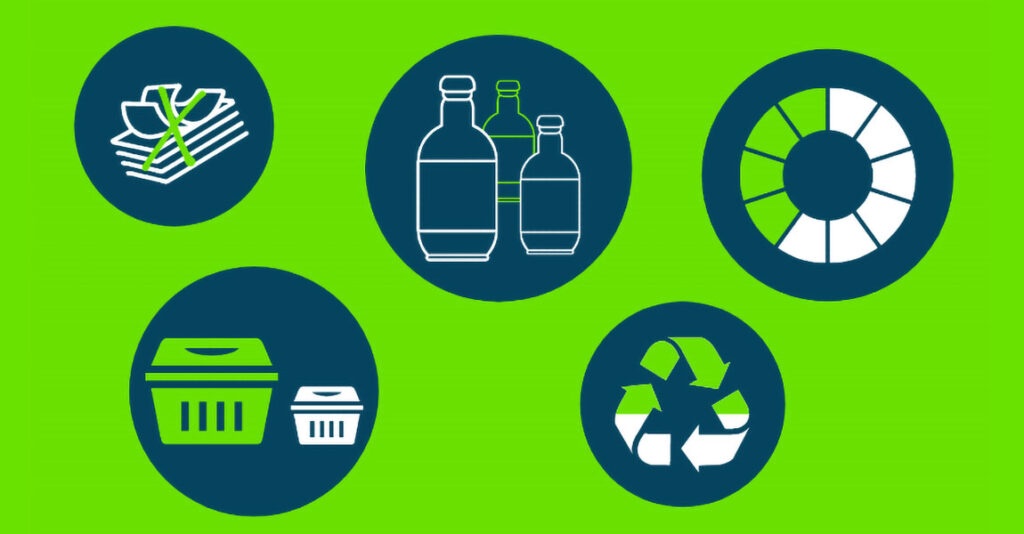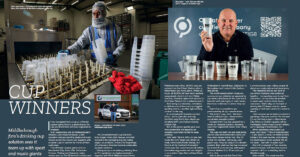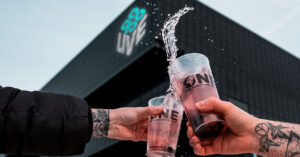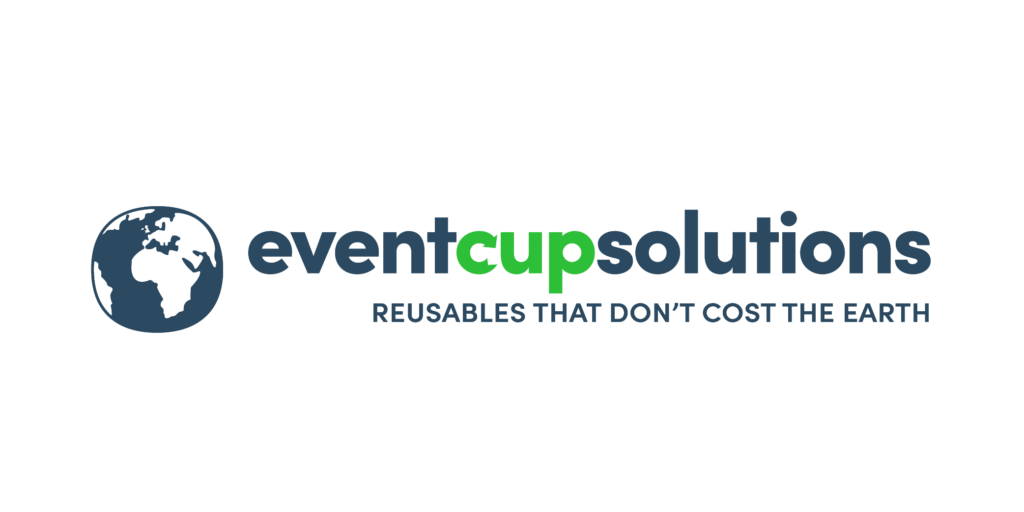The EU Commission has now published its far-ranging draft revision of the EU Packaging and Packaging Waste Regulation (PPWR) which will have major implications for the entirety of the packaging and waste management
chain.
Although the targets for recycling and reuse are lower than those published in the leaked draught, the reality is that only the pace of change has slowed, but not the direction of travel. It does suggest, however, that the EU is willing to listen and respond to the concerns of the industry.
Scope
The draft legislation sets out minimum recycled content targets, minimum reuse and refill targets, mandates packaging recyclability, requires the implementation of deposit return schemes, sets out requirements for biodegradable packaging, reporting and labelling requirements, and appears to allow the use of chemical recycling in recycling targets as long as its end output is not used for fuel or backfilling applications.
Let’s look at the key changes that will affect the packaging, foodservice and hospitality sectors:
Minimum recycling targets for the packaging chain
From 1 January 2030, PET must include a minimum 30% of recycled content for contact sensitive and plastic bottle packaging. For all other packaging, this will be 35%. By 2040 this will increase to 50% contact sensitive packaging and 65% for plastic bottles and all other packaging. By 2030, ALL packaging must be recyclable and by 2035 it must be recyclable by scale.
Minimum packaging reuse or refill targets
From 2030, reuse and refill targets will apply to a great variety of food and beverage packaging, such as cold and hot beverages filled at the point of sale and takeaway ready prepared food intended for immediate consumption. The info below outlines these targets;
Sector % Reuse Target 1.1.30 % Reuse Target 1.1.40
Hot & Cold Beverage Takeaway 20% 80%
Food Takeaway 10% 40%
It is interesting to note that targets for beverages are significantly higher than for food packaging.
Compostable packaging
There has been a significant reversal in the wording of the PPWR versus the leaked version. Originally, all compostable packaging would be banned. The wording has now changed to become more technical, but nevertheless is pretty hard hitting: Compostable packaging must allow material recycling without affecting the recyclability of other waste streams. At this stage, this is not possible.
In addition, by 24 months from the entry into force of the PPWR, the following packaging items will have to be manufactured only with compostable plastics: tea bags, filter coffee pods disposed together with the used coffee products, sticky labels attached to fruit and vegetables and very lightweight plastic carrier bags will have to be manufactured only with compostable plastics.
Labelling of packaging
Mandatory EU-wide sorting instructions for consumers will be established, which will have to be affixed both on pack and on bins, that will put an end to the proliferation of national labelling requirements. Additional measures are proposed: specifications for the labelling of recycled content in plastic packaging, and a mandatory label for all reusable packaging to enable consumers to clearly distinguish them from single-use packaging.
Reaction
Industry bodies have accused the Commission of going too far too fast by not considering the complexity of the sector and truly supporting its transition to more sustainable practices. This could result in piecemeal implementation of reuse models, as well as disruption caused by the removal of single-use options. Further lobbying from the packaging, foodservice and hospitality sector can only aim to slow the growth of change, rather than the direction of travel.

